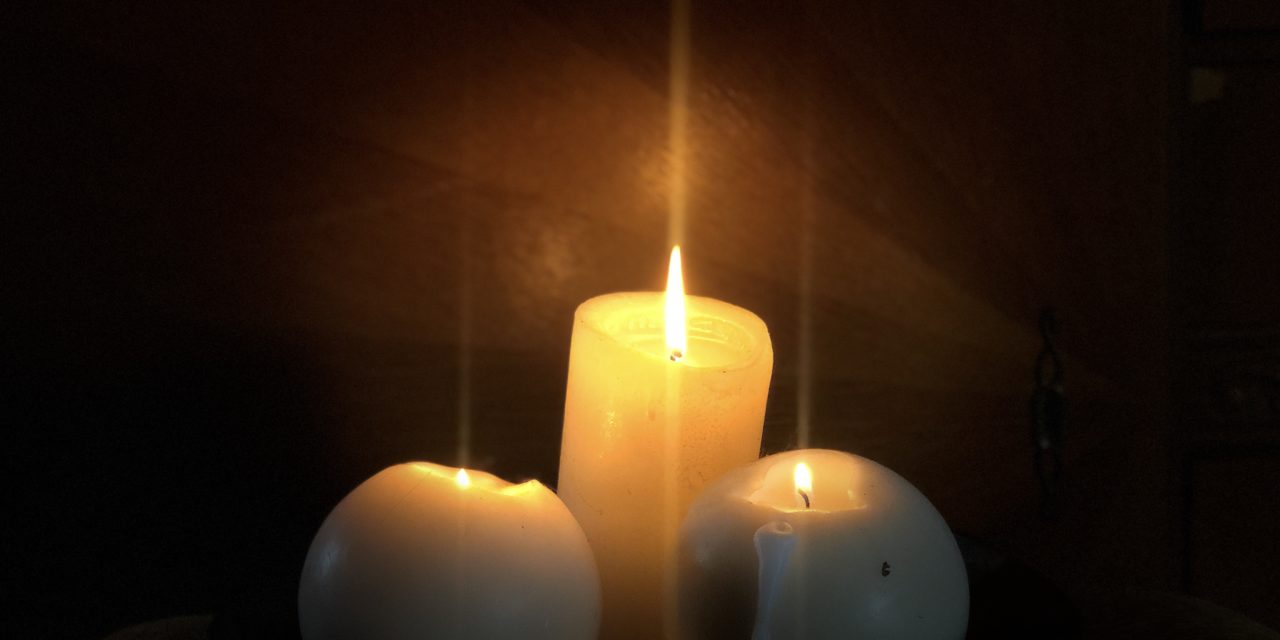The corona crisis has many effects on the world and its inhabitants. Sickness, hospital admissions, deaths. But also, severe feelings of loneliness and depressions. Normal civilians and especially health care workers struggle with these feelings. A study shows that during the SARS-coV outbreak in Singapore for example, almost 30 percent of health care workers endured psychiatric symptoms. The rate of the symptoms only increased during and after periods of isolation. Erika Limbrick, a student nurse from Nottingham, shares her own story in the audio clip about how the crisis effects her personally and how it was to go from university stalls to a COVID-19 ward.
That the current crisis has consequences for everyone in our society, is certain, tells psychologist Niek Rosens from The Netherlands. On average, people experience in times of crisis more feelings of stress. Stress about the crisis in general, but also about the effects on someone’s personal life. Like the fear of losing a job, because of the economy that is crumbling. The stress can lead to other problems like fear, feeling down, aggression or relationship problems.
“These feelings become more present during periods of lockdown and isolation. The feeling of control then completely disappears and that is very challenging for humans.” The Netherlands and the United Kingdom haven’t been in a full lockdown for months, but in both countries, cases are rising rapidly again and stricter measures are taken once more. “This time is extra challenging for people who already struggle with their mental health. Social contact is very minimal and physically hugging or touching somebody has been hard for months upon months now.” For health care workers like Erika, this ‘second wave’ can be a very tough time, as they are still tired and scared from working during the first wave.
The government is however staying fairly quiet about the effects of crisis on the mental health. While Niek, and other psychologists, clearly noticed a grow in their clients over the past few months. But Niek finds it difficult to say how much mental health is a responsibility of the government right now. “I think it is the most important, that psychologists also offer online services. So that they are able to help their clients even when there is no option to meet in real life.”
Aside from that, Niek shares some tips that can help make people feel a little bit better. “It is important to keep moving, even if it’s indoors, to eat healthy, to stay in contact with other people and to talk about your feelings. Or write them down. Sharing your feelings has a positive effect on your mental health.” And when people feel like that is not helping, Niek says that it’s always okay to seek help and that there’s no shame in that. “It’s a scary time for everyone.”




